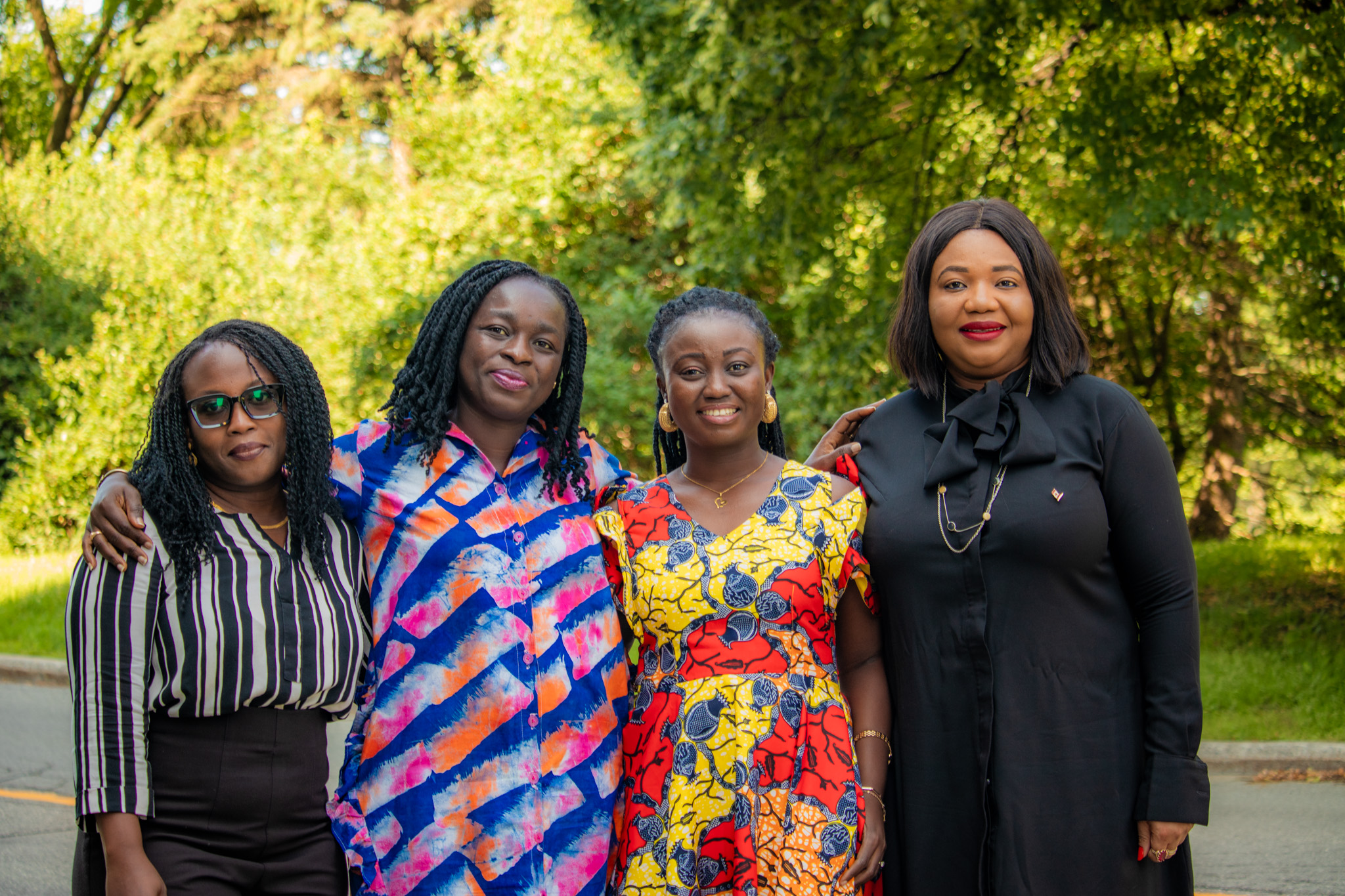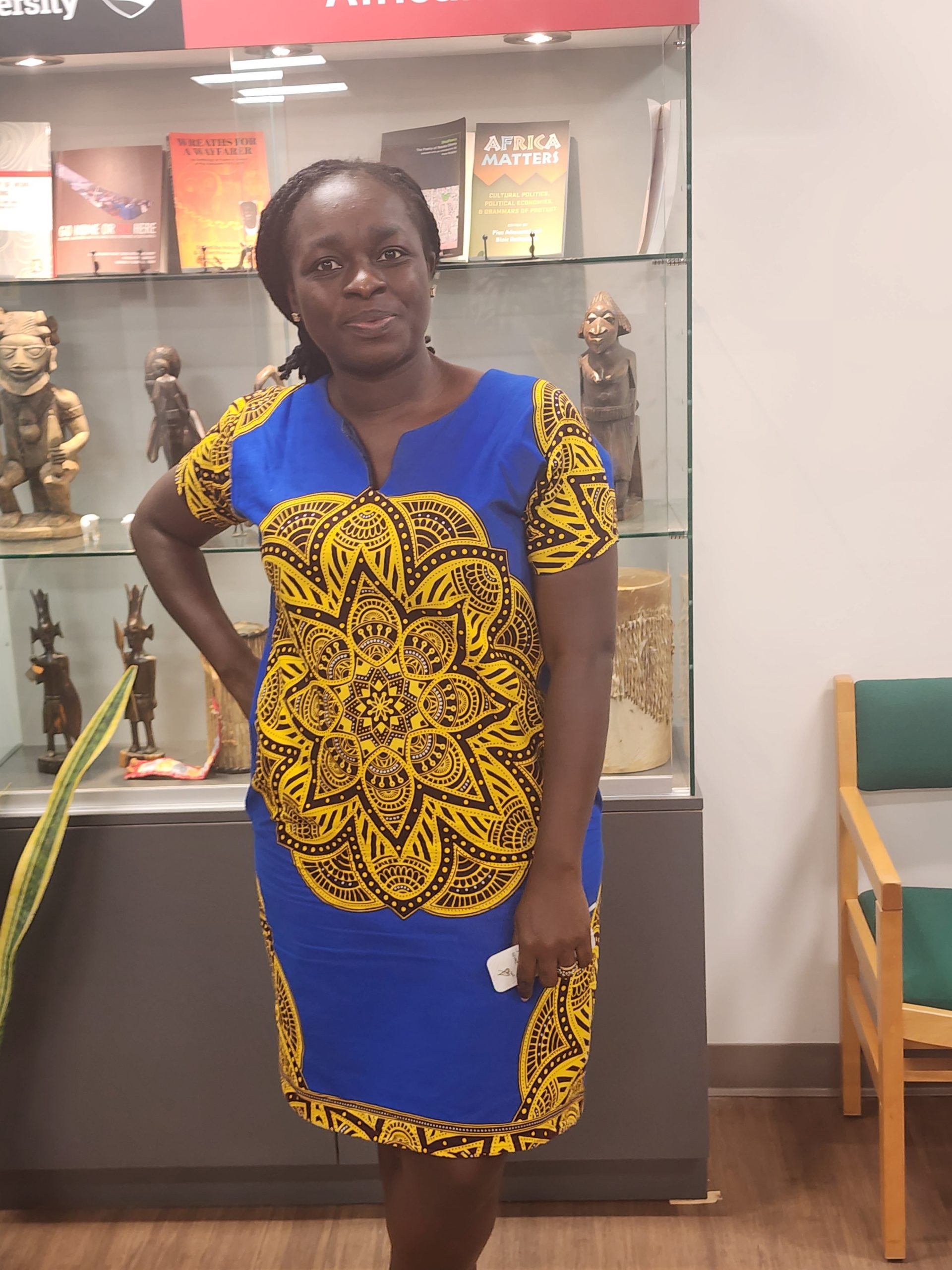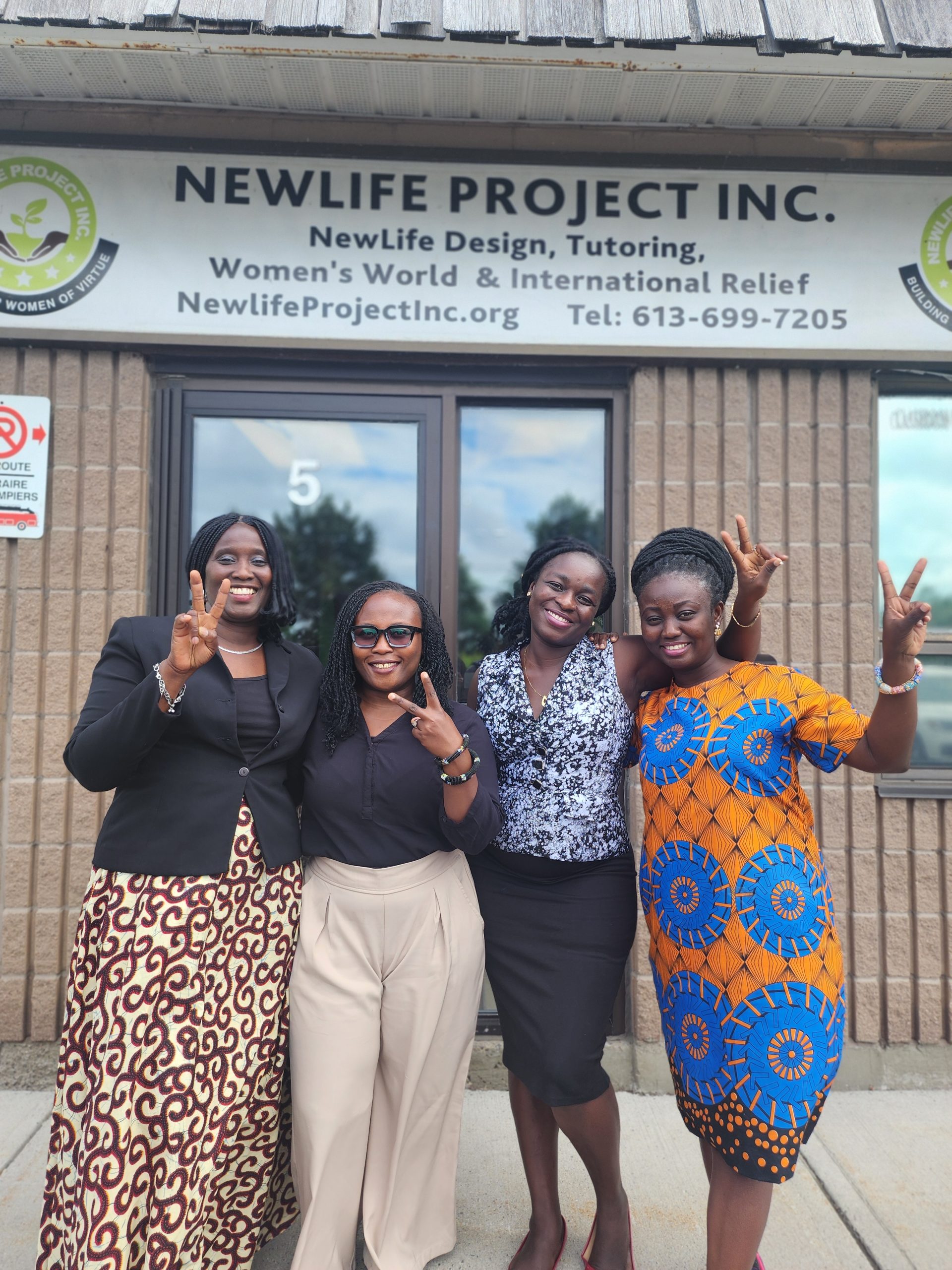First Impressions
I arrived in Ottawa on the 31st of April to the colder-than-usual (based on my experience in Europe) Spring season of Canada. There is a popular saying I came to relate to, that in Canada, conversations are mostly about “weather and construction”. The weather is extreme in every season and there is always construction in one corner or the other. I noticed these two features of the country on the first day I arrived. Upon arrival, I was met by the abled and ever-helpful project coordinator, Ms. Farhana Moshira. She was right at the baggage claim area when I got there and she approached me, introduced herself, and gave me a warm hug. On our way to my residence, she informed me of the grocery shopping and food she made to help ease my settling in the early days of my stay. This kindness and hospitality amazed me as she went out of her way to prepare food that could last me at least three days and essential groceries for at least a month. It turned out that this kindness and hospitality is the hallmark of the staff of the Institute of African Studies (IAS), Carleton University under which QES functions. The next day, Farhana picked me up from my home to IAS to meet the staff, especially the director who also doubles as my mentor on the fellowship, Prof. Nduka Otiono. I received a pleasant welcome to the extent that Prof. Otiono wore a Kente-inspired shirt as his way of welcoming a Ghanaian to the Institute. Yes, the staff on this project are thoughtful and intentional. The administrators, Susa and Gabriel are among the most serviceable people I have met in life. Throughout my stay, I witnessed the staff exhibit warmth of collegiality, readiness to assist, kindness, and intentional effort to ensure easy integration of everyone who came to IAS. The IAS is a conducive environment for personal space and work. The remarkable view from the 17th floor of the Dunton Tower, where IAS is located, overlooks the Rideau River. This is a sight to behold, a view I came to cherish during my pensive moods.
Her Own Room to Write
As the slogan of the Carleton University QES fellowship suggests, “Her Own Room to Write,” this fellowship gave me the space and resources to be productive in my academic writing. Due to the overwhelming responsibility of work-life balance at home, I have paced myself to write two to three articles a year. Taking time off my busy schedule at my home university allowed me to have two complete drafts of journal articles and a first draft of a book chapter in three months of stay. I was amazed at my level of productivity. At the IAS, scholars are allotted two rooms as working spaces and these places became safe spaces for writing. Besides the IAS workspaces, the Carleton University Library was a favourite place for studying and writing. With its ultramodern, technologically advanced resources, the MacOdrum Library is a study haven.
Amidst working on my papers, I engaged in academic workshops, conferences, and symposiums such as the IAS Emerging Scholars Conference, the Canadian African Studies Conference, and the African Feminist Scholarship Symposium which have greatly improved my knowledge of research and academic careers.
Placement Centre
A unique feature of the QES fellowship is its placement partnership with the industry. Each fellow is attached to a placement centre of their choice, that reflects their research interest. These centres are pre-chosen during the application stage. I chose the NewLife Project Inc. founded by Ms. Brenda Williams. The NewLife Project Inc. is a social enterprise involved in women and youth empowerment through fashion, craft, and French lessons. As a researcher with an interest in fashion from Africa and gender issues, the place offered me insight into how female migrants from all classes in Africa try to integrate into the Canadian system through skill training and entrepreneurship in fashion, clothing, and textiles. The Centre trains women in sewing and setting up business in Canada as migrants. The French classes are open to everyone who wishes to improve or learn French to ease their integration into the Canadian labour system. Canada is a bilingual country of English and French, therefore, migrants with Anglophone backgrounds engage in French classes to make them more marketable in the job market. My time at the placement centre was fulfilling. I supported the sewing training, updated the database of activities and trainees, and assisted in organizing the 10th anniversary celebration which was to be held in August. Though I started out as the only QES scholar in May, by June, three other scholars had joined. Together with the volunteers of the centre (Tonye, Marie, Joel, and Nonye) and the trainees, NewLife Project Inc became a place to impact and to learn.
Networking
A core tenet of the QES fellowship is networking. I have built long-lasting friendships and career partnerships with my fellow scholars. I was fortunate to stay in the same house with two of the scholars which enhanced our engagements and relationship. I was meeting the other scholars twice a week at the IAS. Our meetings at the IAS workspaces enhanced our writing and networking as we shared the progress of our research, our interests, and our experiences in Ottawa. Though the school was in recess during my stay, graduate students who are affiliated with IAS came around often to work in the workspaces provided for graduate students. Some of the graduate students are now close acquaintances with whom I engaged in leisure activities such as weekend get-togethers, museum trips, and attending African cultural events. The outdoor activities introduced me to people outside Carleton University in academia, entrepreneurs, African government representatives, and the wider African community. I attended functions such as Sierra Leonian Day, Burundi Day, Ghanafest, Yoruba Community picnic, Igbo-Catholic picnic, and the African-Canadian Association of Ottawa (ACAO) festival.
The Carleton University Queen Elizabeth Scholar fellowship is a comprehensive programme that bridges the gap between academia and industry. It supports early female academics to engage in research and publications which are vital for their career growth. The QES frees the female scholar from the double burden of research and teaching by giving her the resources and space to focus on advancing research. In high student-lecturer ratio universities such as in Africa, teaching tends to overshadow the research requirements of academia, therefore, a programme like QES, especially with its focus on female academics is a great opportunity for career progression.